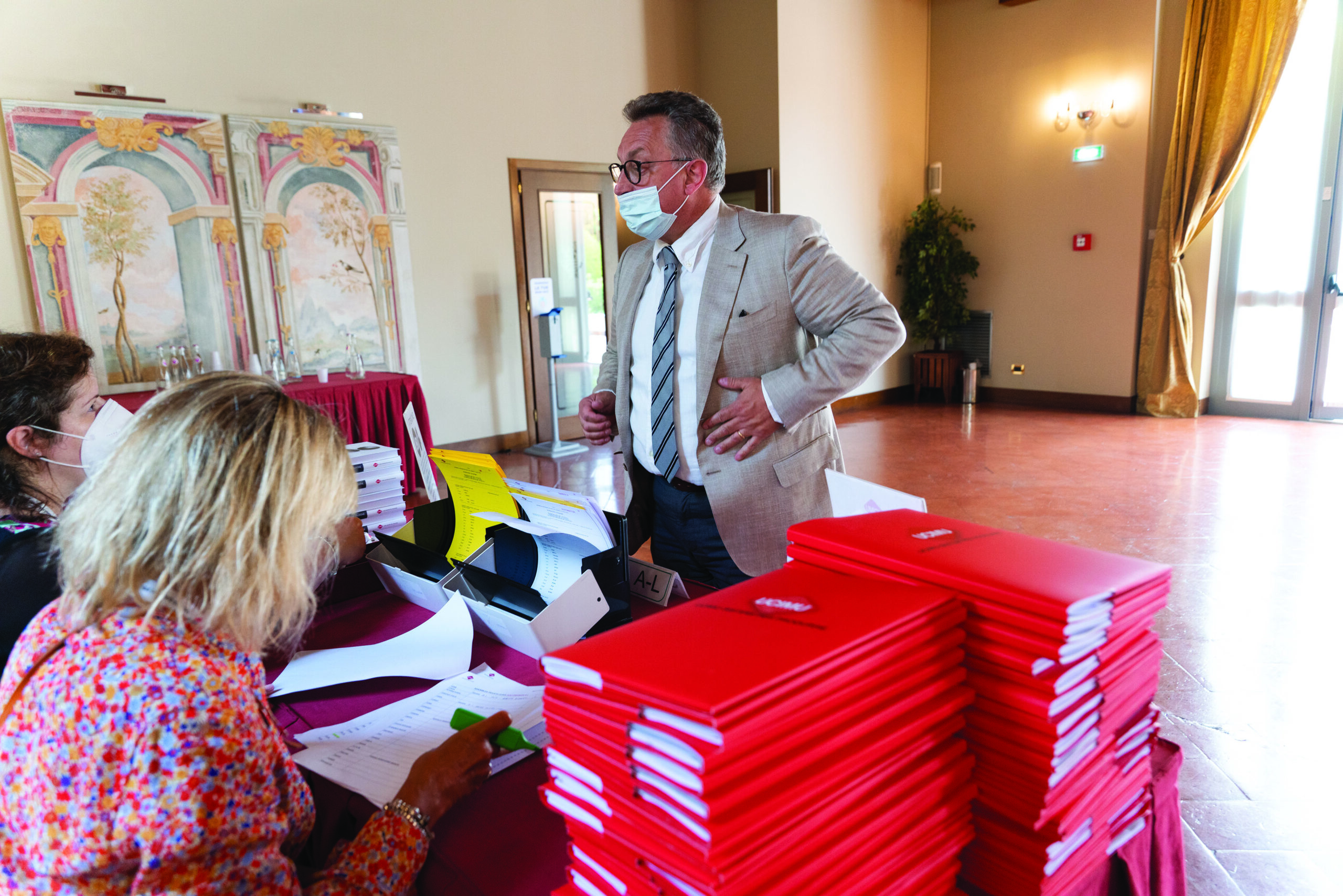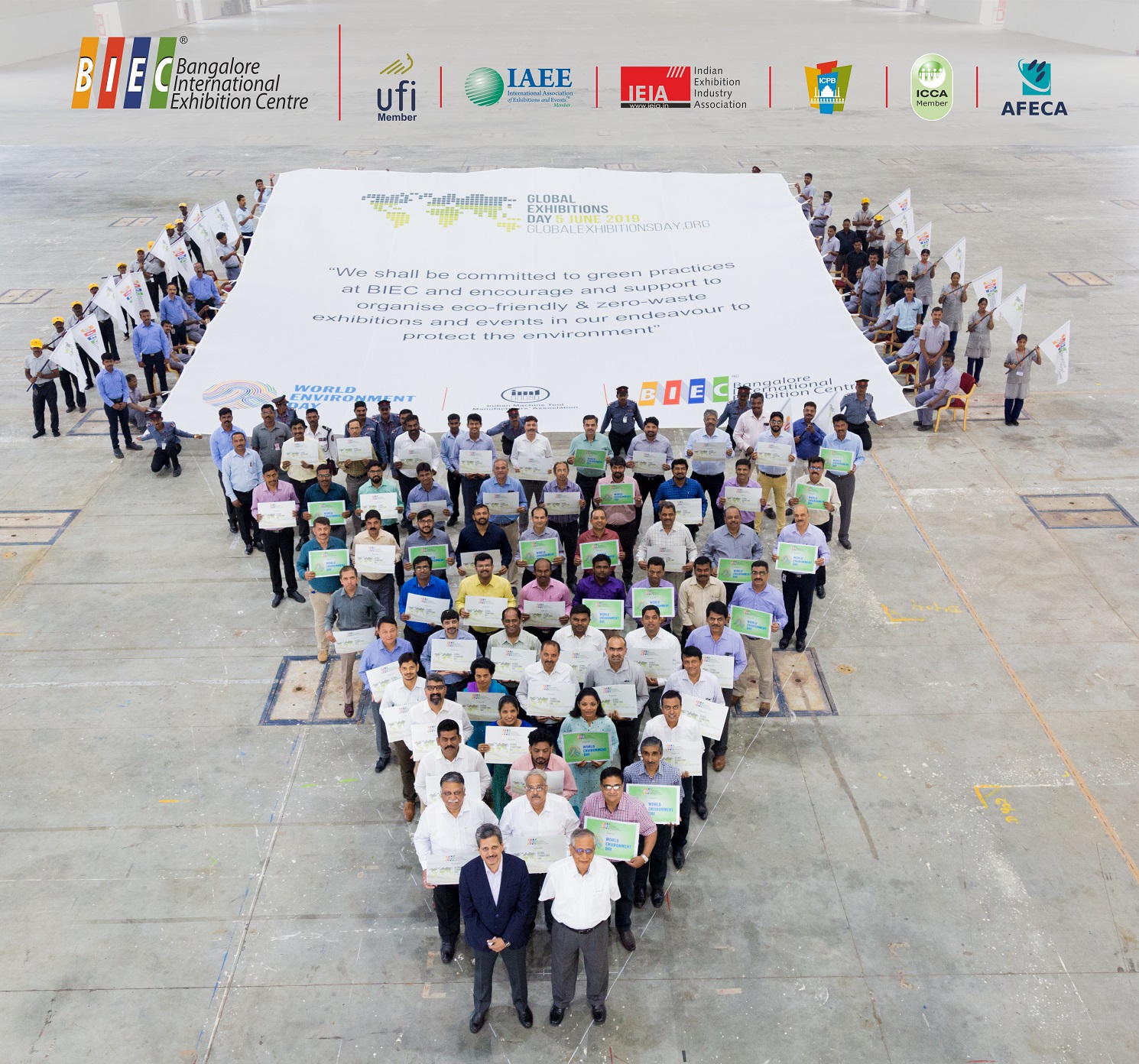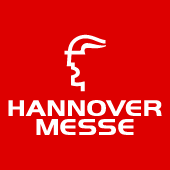A STRONG RECOVERY OF ALL ECONOMIC INDICATORS

UCIMU MEETING IN 2021
Sesto San Giovanni, 12 July 2021. In 2020, the Italian manufacturing industry of machine tools, robots, and automation systems reported a considerable fall of all main economic indicators. Nonetheless, it was able to maintain the positions gained in the international rankings of the sector, where it confirmed its fourth place among manufacturing countries and among exporting countries and its fifth place in the ranking of consumer countries, as a testimony to the importance of the Italian market in the international scenario.
The year 2021 is showing a completely different trend, confirming the recovery of business activity, both in Italy and abroad, since the first months, as highlighted by the data regarding the index of orders in the first half-year 2021 and based on the forecasts for the year-end.
This is, in brief, the framework illustrated by the president of UCIMU-SISTEMI PER PRODURRE, Barbara Colombo, this afternoon, on the occasion of the Annual Members’ Meeting, which was attended as speakers by Gregorio De Felice, Chief Economist of Intesa Sanpaolo, and by Mauro Alfonso, Managing Director of SIMEST.
THE FINAL RESULTS OF 2020
Heavily hit by the public health emergency outbreak in the first months of the year, the Italian industry of the sector experienced a strong downturn of all main economic indicators in 2020.
According to the final data processed by the Economic Studies Department & Business Culture of UCIMU, in 2020, the output of machine tools, robots, and automation systems reached 5,182 million euros, recording a 20.4% fall versus 2019. The outcome was due both to the reduction of manufacturers’ deliveries on the domestic market, down by 20.3% to 2,321 million euro, and by the downturn of exports, which amounted to 2,861 million euro, i.e. 20.5% less than in the previous year.
In 2020, the main export markets for the Italian product offering were the United States (374 million euro, -11.3%), Germany (289 million euro, -23.1%), China (224 million euro, -26.1%), France (158 million euro -32.2%), Poland (143 million euro, -17.2%), Turkey (100 million euro, +29%), Russia (100 million euro, -16%), Spain (95 million euro, -34.1%).
In 2020, the Italian machine tool consumption collapsed by 26.6% to 3,561 million euros, continuing the negative trend that started in 2019.
THE FORECASTS FOR 2021 AND THE ORDERS IN THE FIRST HALF-YEAR 2021
The year 2021 is having a completely different trend, showing signs of a strong recovery since the first months.
Forecasts for 2021
Based on the forecasts elaborated by the Economic Studies Department & Business Culture of UCIMU, the output of machine tools, robots and automation systems should grow by 10.9% to 5.7 billion euros. Exports should attain 3.1 billion euro, i.e. 9.4% more than in the previous year.
Consumption should also increase, almost reaching 4 billion euros, corresponding to a 10.9% rise versus 2020. The dynamism of Italian demand should drive the deliveries of manufacturers, expected to go up to 2.6 billion euro (+12.7%), and imports, which should amount to 1.3 billion euro (+7.6%).
Orders in the first half-year 2021
In order to understand the climate of trust arising in these first months of the year, we can observe the index of orders in the first half-year of 2021, elaborated by the Economic Studies Department & Business Culture of UCIMU. The index registers the collection of orders in the domestic and foreign markets by Italian manufacturers. Considering the manufacturing lead time of machines, the acquisition of these orders will reasonably be “calculated” in the output/turnover of 2022.
In the first half-year of 2021, the index of orders highlighted an 88.2% upturn. This result was due to the good performances recorded by the manufacturers both in the domestic and in the foreign markets. In particular, domestic orders grew by 238% compared with the period January-June 2020; foreign orders reported a 57.5% upturn versus the first half-year of 2020. These really positive data are attesting to the restored climate of trust, which the Italian enterprises of the sector are increasingly experiencing as the months go by. This said, the increases seem so significant, also because they are compared with the period January-June 2020, which, besides the general activity reduction owing to the pandemic, includes a whole month (April) of complete stop in business activities due to the Covid lockdown.
COMMENTS AND PROPOSALS OF INDUSTRIAL POLICY
Barbara Colombo, president of UCIMU-SISTEMI PER PRODURRE, stated: “The final data of 2020 are a clear testimony to the effects of this very serious pandemic and unexpected public health emergency, but it is evident that the year closed with results above our initial expectations. We were able to contain the output fall to no more than 20% less than the previous year, which allowed us to have better performances than those of our competitors, such as Germany and Japan”.
“The year 2021 seems to have a completely different trend: there is a climate of growing trust, which has been strengthening month after month, as emerged from the data regarding the collection of orders. We expect that this trend will culminate in October, on the occasion of EMO MILANO 2021, the world exhibition regarding the sector, which will be the first international trade show after one year of forced stop”.
“Nevertheless, – stressed Barbara Colombo – there are unfortunately two phenomena that may undermine the ongoing recovery: on one hand, the increased costs of raw materials and, on the other hand, the scarce availability of electronic components. The risk – which we cannot absolutely afford to run – is that these two phenomena may slow down the positive cycle of investments, especially on the domestic market, where the incentives 4.0 are giving good results”.
“The upgrade and digitalization process of plants that have already started about five years ago cannot certainly stop, as much is still to do. The results of the survey conducted by UCIMU-SISTEMI PER PRODURRE on “The total machine tools in operation in the Italian industry” and presented in June are evidence of this.”
In particular, in the period 2015-2019, 60,000 new machine tools were purchased versus 39,000 new machines purchased in the previous five-year period, i.e. 50% more.
Besides the increased number of machines, there was a qualitative improvement in the total machinery. Indeed, more than 60% of these 60,000 new machines are numerical control (CNC) machinery. In the previous five-year period, the share of newly purchased CNC machines did not exceed 37%. There was an increase in the automation and integration level of plants. In particular, IT integration, related to policy 4.0, registered the most significant rise.
The digital transformation and the technological upgrade mainly concerned large and mid-sized enterprises. The small-sized companies made investments in new technology, but only to a limited extent. Nevertheless, it is clear that it will take longer for the smaller enterprises to keep up with this transformation than for the bigger ones. There are at least two reasons for that: the first one is linked to available funds. Investments in new production technologies, especially in state-of-the-art equipment, are very onerous and weigh on the budget of small enterprises, which must consequently spread their purchases over longer periods. The second, not less important reason is related to culture: it takes time to understand all the mechanisms connected with this transition and overcome the fear of thinking about reorganizing the way of working.
“These data and these observations – added the president of UCIMU-SISTEMI PER PRODURRE – prove the effectiveness of the provisions included in the plans of industrial policy. Moreover, they confirm that incentive measures, such as tax credit for the upgrade of plants and that for investments in technologies 4.0, should not only continue for the whole year 2022 but should also become structural”.
With regard to training and education, we ask to extend and simplify the operativeness of the tax credit measure for education and training, which, today, also includes the cost for the trainer in the calculation, in order to ensure the enterprises (of all sizes) appropriate support for requalifying their employees.
Only in this way, investments in state-of-the-art technologies will really ensure the enterprises an improvement of productivity and the necessary efficiency to win the international challenge.
After all, it is fundamental to employ qualified young people in the companies of the sector, both among white and blue collars. Young people were born with digital technologies to close at hand and therefore, they are naturally inclined to use a new working model. They are more flexible and have cross-cutting skills that are essential now for those operating in sectors characterized by high technological content and highly complex business like ours.
In 2020-2021, 831,000 students enrolled in technical institutes, corresponding to 30% of the total students in high schools. On the contrary, only 18,000 students enrolled in the 110 ITS-Higher Technical Institutes (requiring a high-school degree for access). They are not enough considering the real need expressed in the Italian metal mechanical industry.
“An important response to the enterprises’ need for qualified staff will certainly come from the funds provided for in the PNRR for investments destined for the ITS Institutes so that they can be equipped with technologically advanced laboratories and infrastructures and with classrooms 4.0. If adequately supported, the ITS Institutes will become real specialized centers for the education and training of the new essential human resources to ensure a future for our enterprises”.
Finally, with reference to the issue of internationalization, what is strategic for the business activity on the international market is the participation in exhibitions, which are the first and most important marketing and promotion instrument for the companies of the sector.
“In this connection, – concluded Barbara Colombo – we hope that, even in the future, there will be available SIMEST funds given as easy-term financing and non-repayable grants for the enterprises’ participation in international trade shows. In addition, we ask that, even in future, funds will be made available to ICE-Italian Trade Agency for incoming projects of foreign operators taking part in international exhibiting held in Italy”.





